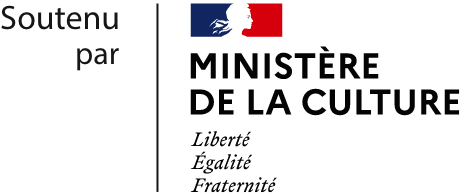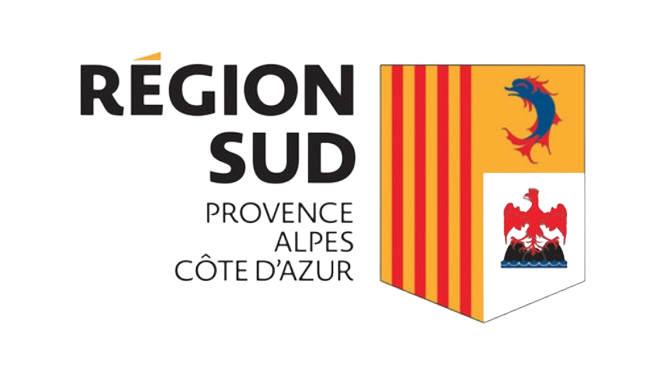RÉPERTOIRE 18-19
Le répertoire du Cannes Jeune Ballet Rosella Hightower mélange les ballets issus du grand répertoire, des créations de jeunes chorégraphes et les reprises ou créations de chorégraphes plus célèbres. Il est revisité chaque année afin de proposer toujours plus de nouveauté et d’enrichir les connaissances de nos jeunes danseurs.
ALTRO CANTO
Choreography: Jean Christophe Maillot
Music: Claudio Monterverdi, Biagio Marini, Giovanni Girolamo Kapsberger
Halfway between the statuary of cathedrals and the chiaroscuro of Georges de La Tour, Altro Canto is a piece that exalts the androgynous body in movement by embracing the dramatic accents of Monteverdi's Magnificat. Although Jean-Christophe Maillot does not develop a particular theme to guide his ballet, the Italian composer's score is the real lifeblood. The music flows through the dancers and resonates within them. The bodies vibrate, sway, undulate and rise, only to plunge again the next moment into a spiritual quest that is as religious as it is pagan.
Photo: Mario Sguotti
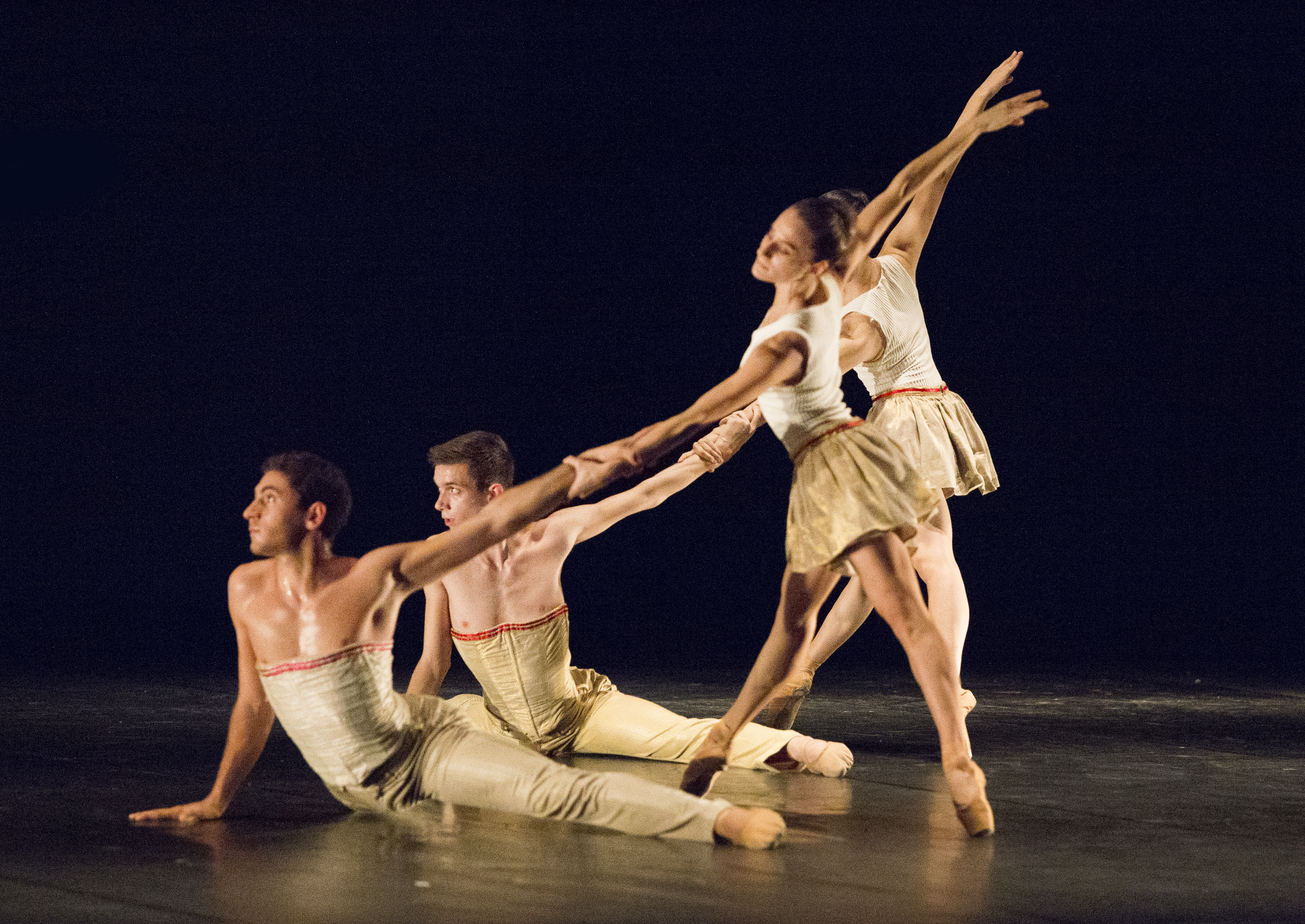
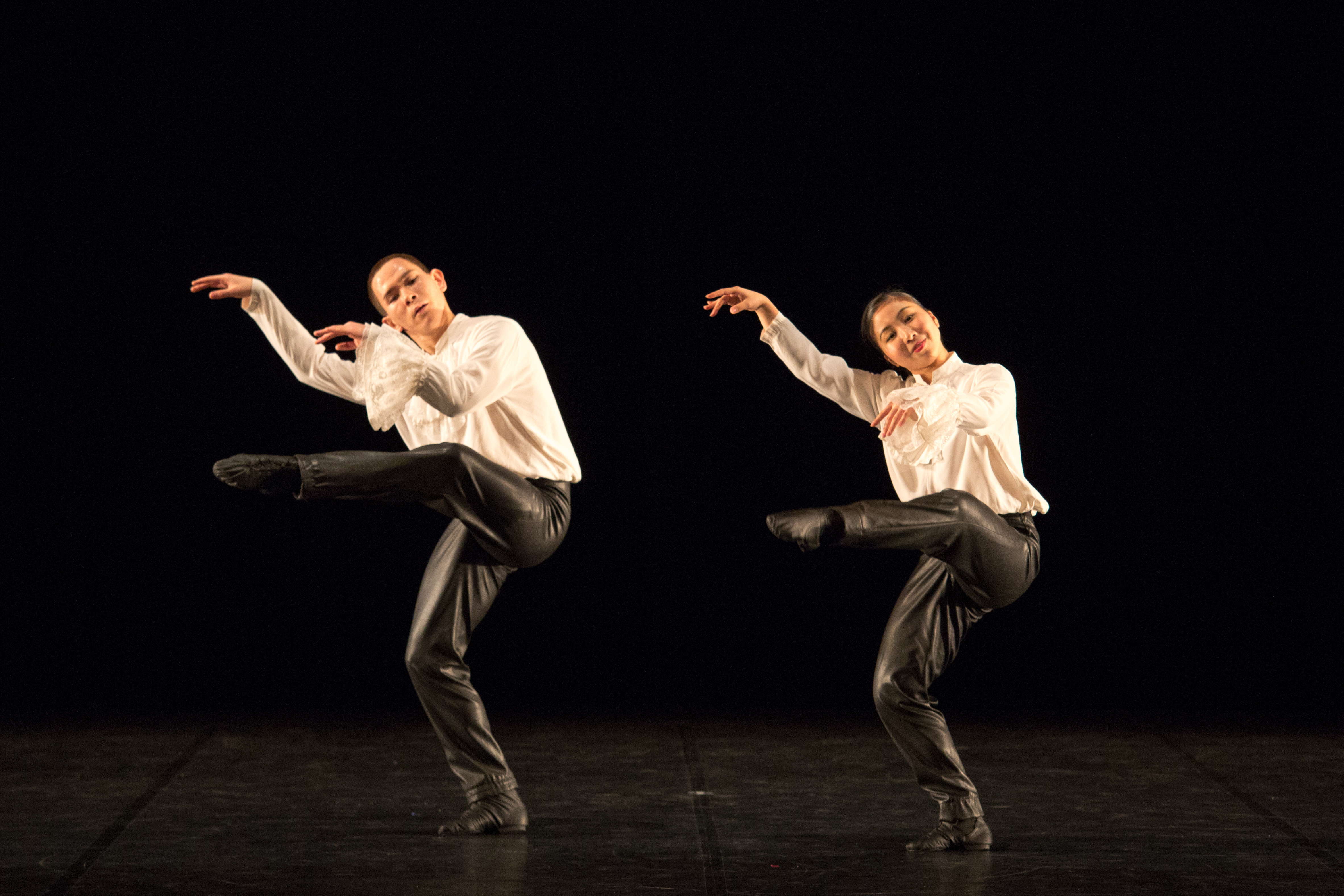
LARMES BLANCHES
Choreography: Angelin Prejlocaj
Music: Bach, Balbastre, Purcell
In Larmes blanches, Angelin Preljocaj opts for virtuosity. The dry gestures deploy their energy in reduced volumes, demanding maximum speed and sudden stops, a flawless memory. The phrases, danced in unison, forbid the slightest shift in rhythm, scale and space. Bodies and gestures are duplicated, but it is the antagonisms that are striking: the asymmetry of the costumes, the tug-of-war between rounded ports and oblique gestures, the opposition between harpsichord and electro-acoustic, between white lace and black leather. Yet the dance, imbued with Baroque élan, refrains from all joy, and the flesh, confronted with the dryness of the plucked strings, cannot languish. But the few moments when tenderness is sketched out stir nostalgia for a place where emotion was possible: the mechanics are there only to mask the absence, and the multiplication of bodies performing the same gestures draws, in abyme, the reflection of a forgotten world.
Photo: Sakher Almonem
CANTATE 51
Choreography: Maurice Béjart
Music: Johann Sebastian Bach
Maurice Béjart's ballet takes up the theme of the Annunciation to a score by Johann Sebastian Bach in which joy bursts forth. According to the choreographer, "the angel appears to Mary and predicts the birth of a son, a divine incarnation that energises the universe, transfigured like this music that transcends the human". With this music, Béjart wanted a very pure choreography, sublimated by wide, undulating movements.
Photo: Mario Sguotti
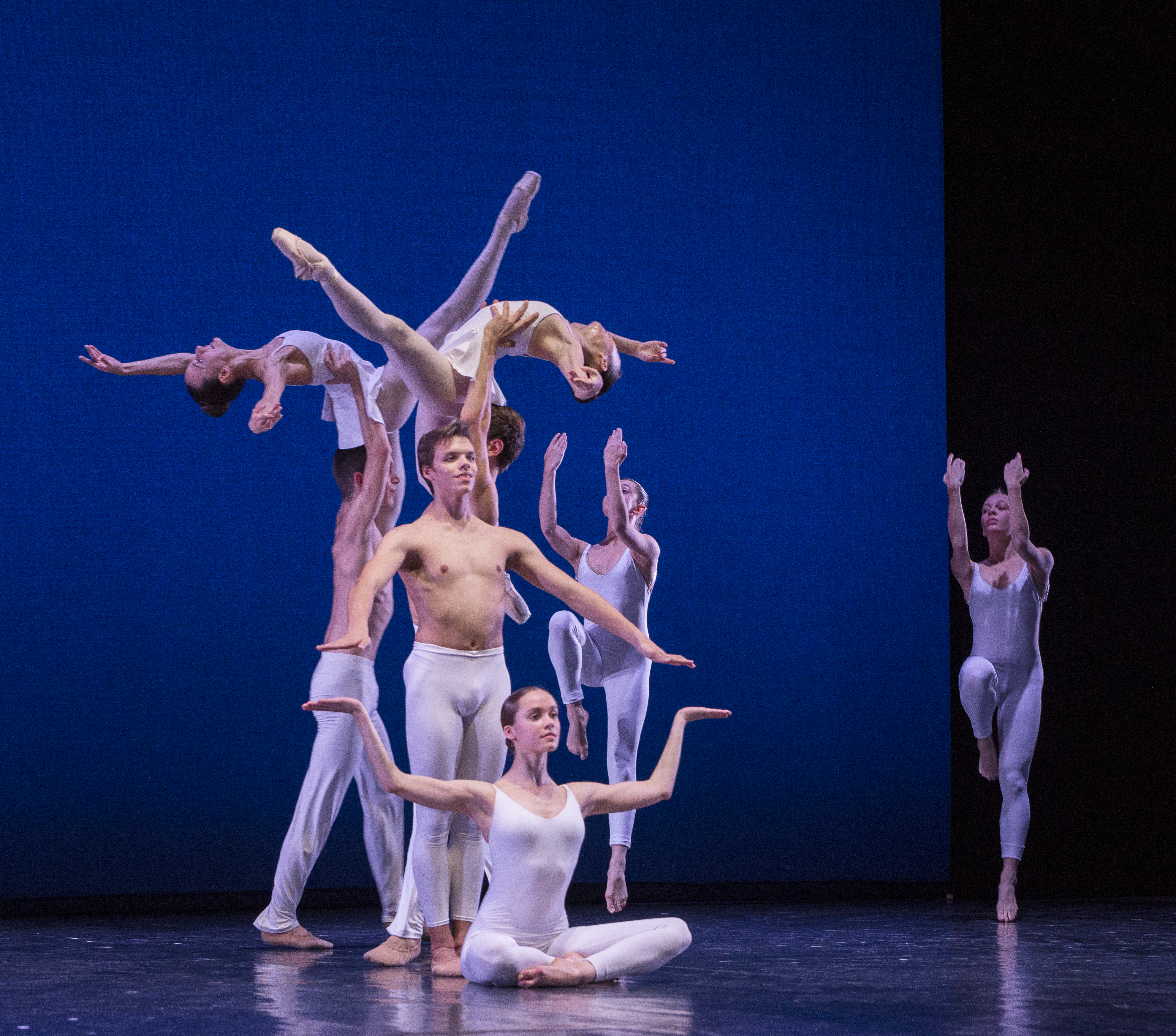
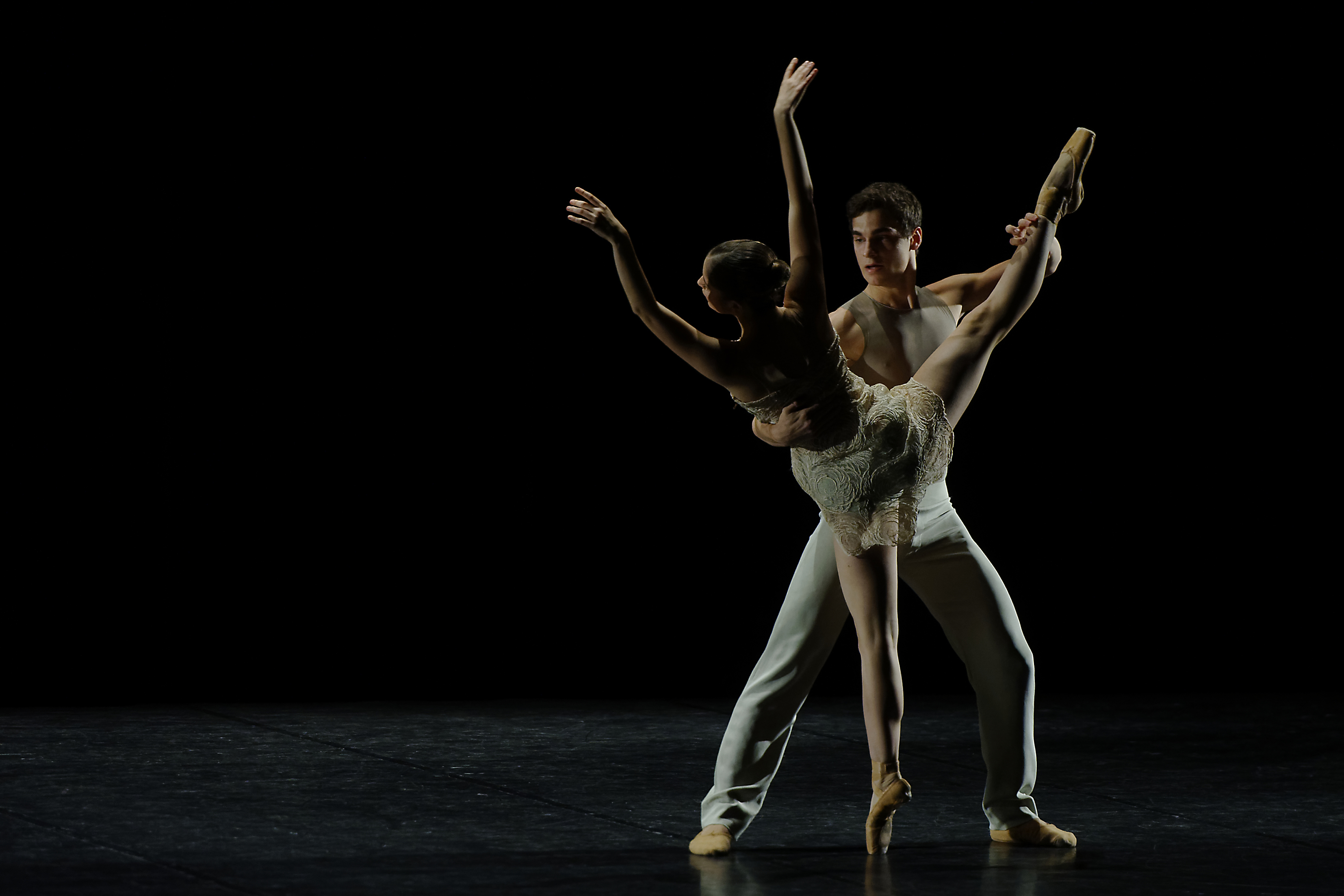
PIANO POETRY
Choreography: Julien Guerin
Music: Georges Gershwin
Duration : 8 mn
In this dance poem in homage to composer George Gershwin, the piano suites create an intimate poem about youth and its beauty, performed with five dancers. The eponymous dancer symbolises the means of writing a dance form in space and time and interacts with the dancers to guide them throughout the piece.
Sublimated through feelings and sensuality, the dancers share these successive dance sequences like prose dictated by the melodies of composer George Gershwin.
Photo: Nathalie Sternalski
SWEET GERSHWIN
Choreography: Jean-Charles Gil
Music: Georges Gershwin
Duration: 25 mn
Jean-Charles Gil has danced almost all of Balanchine's repertoire, and is imbued with the choreographer's musicality. It is with this memory that he approaches the music of Gershwin that Balanchine chose to create "Who Cares?
Sweet Gershwin is a piece written with fluidity and elegance, similar to a tangy "sweet" from which everyone can choose the flavour to take away with them. In this technically demanding piece, the dancers on pointe seem to have a presence that is both mischievous and sensual, and the dancers slip into the rhythm of the melody, recalling American musicals.
Photo: Nathalie Sternalski
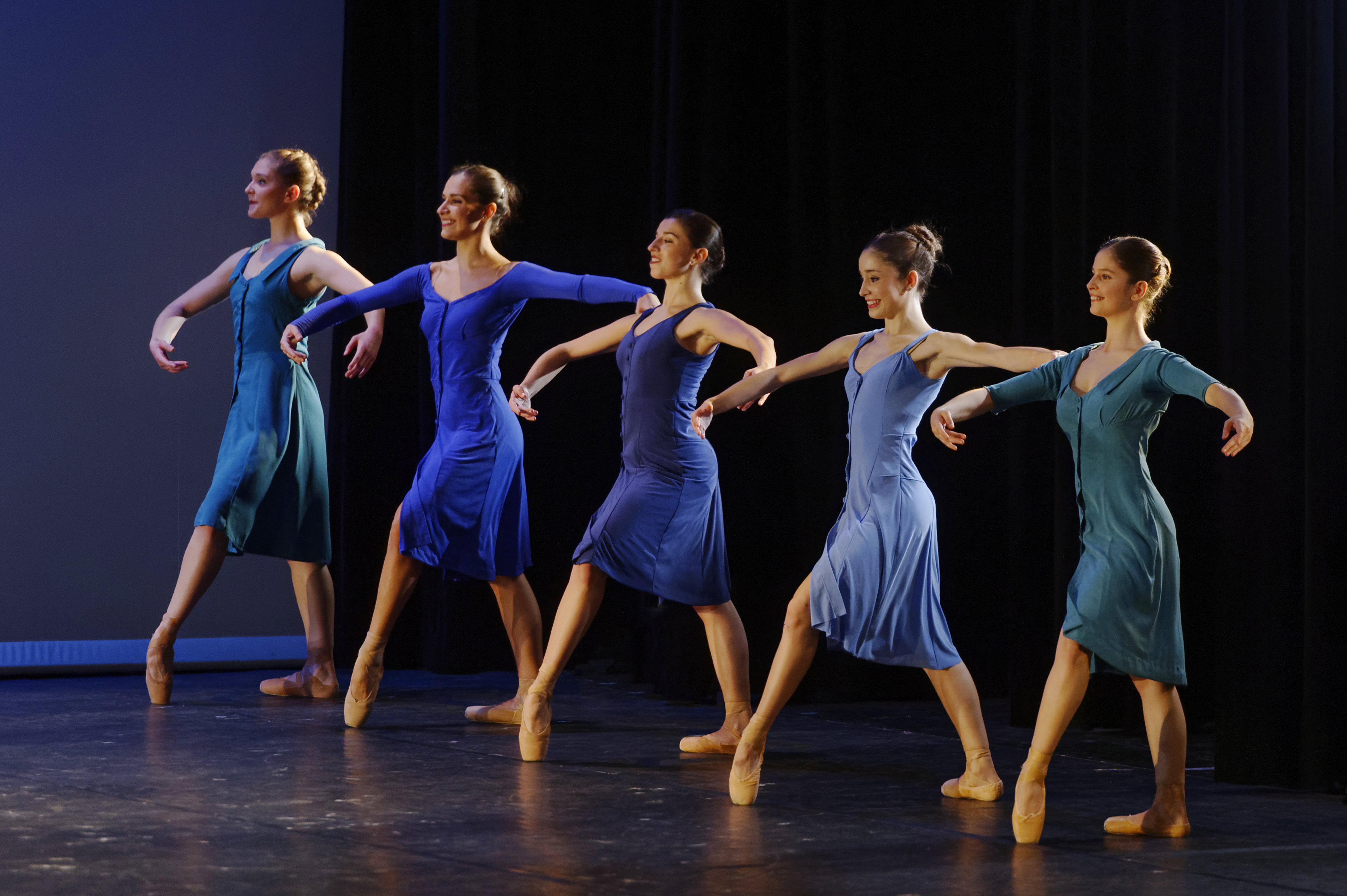
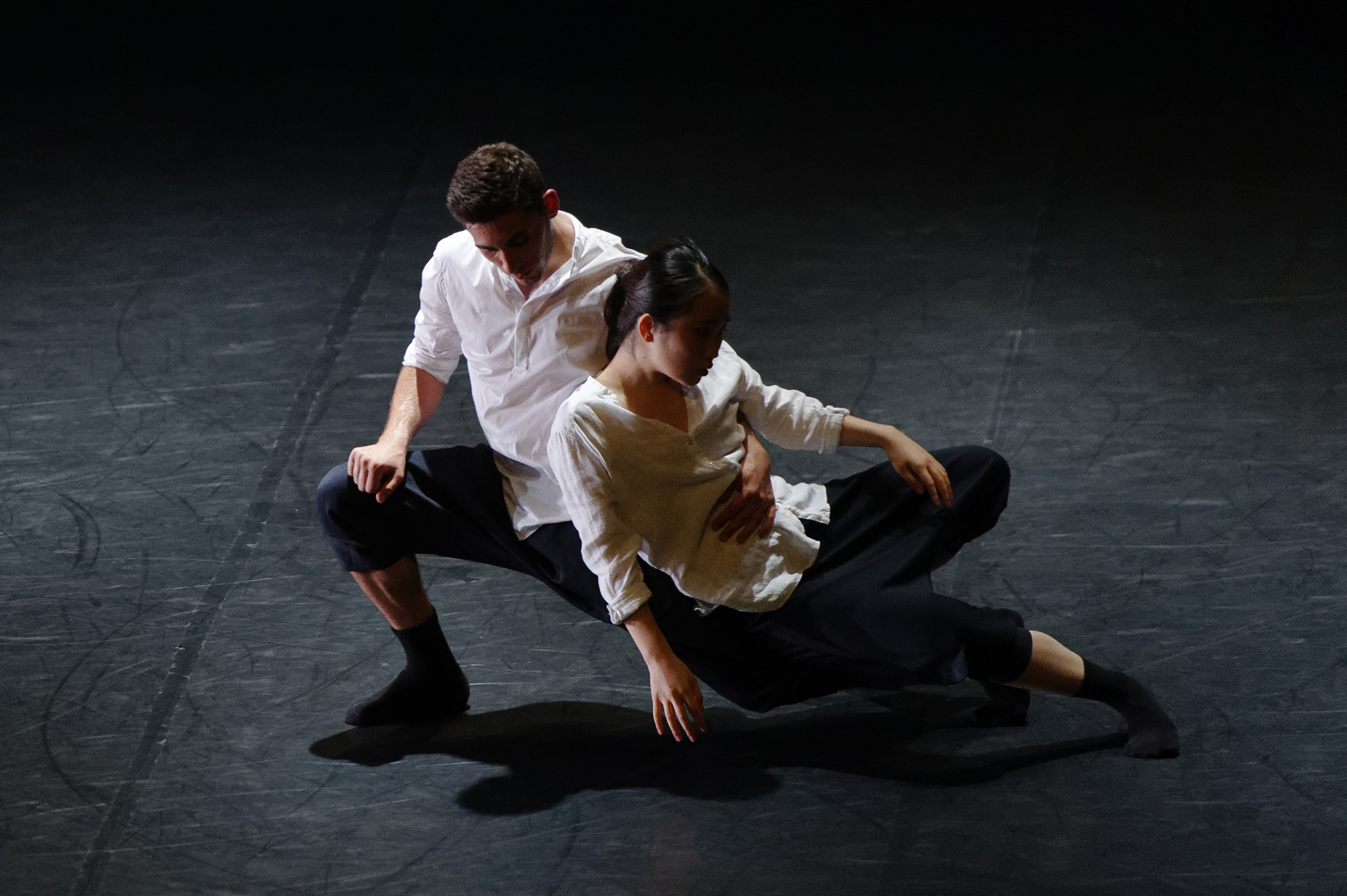
A PLACE BETWEEN
Choreography: Lukas Timulak
Music: Gustavo Santaolalla - Hauschka , Callino Quartet (Arvo Pärt)
Created in 2018 for the Cannes Jeune Ballet Rosella Hightower
Duration: 20 mn
10 dancers
It's human nature to seek out new experiences, new situations and new places. Sometimes we find destinations, but rarely a place that satisfies us for good. In 'A place Between', Lukas Timulak explores these fleeting moments. A moment between two moments in life, or a place between birth and death. We are always in the middle of something.
Photo: Nathalie Sternalski
